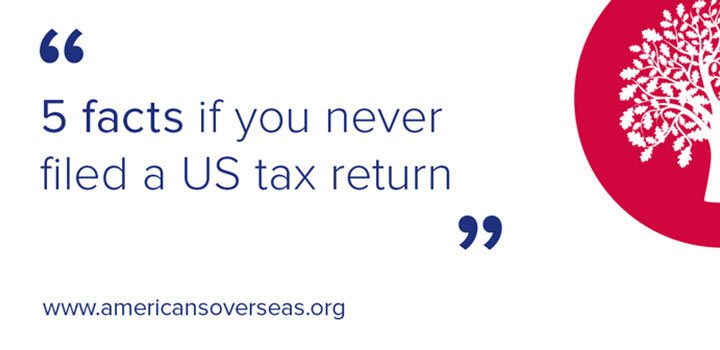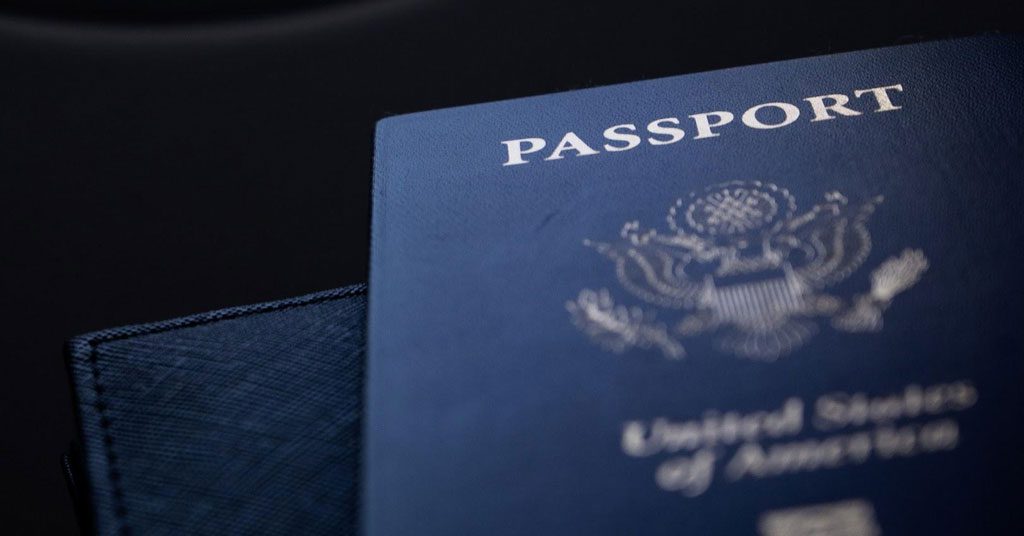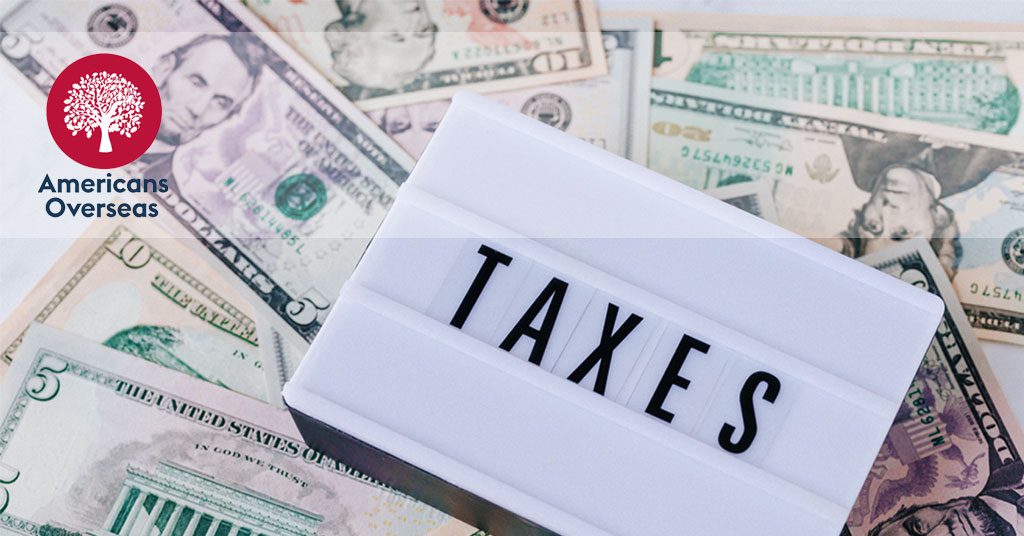
Five Dutch citizens and their problems with American taxes

Dutch people with an American background always have to file and sometimes pay taxes to the IRS as well. How can that be possible? On request of clients we will give five examples when one has to pay American taxes.
In most cases a Dutch citizen with an American background doesn’t have to pay American taxes. More often than not, all taxes paid in Holland can be counter balanced avoiding double taxation in the United States, but there are exceptions.
The following cases are based on current situations of people who do have to pay American taxes. Contact us for advise on your personal situation.
American taxes on WAO pension
Pepijn was born in the United States to Dutch parents. When he was three years old, they moved back to Holland. Pepijn has a WAO pension of € 26.580,- per year. The United States view this as income (only AOW pension is excluded).
In the United States taxes on this income are 19%. In Holland it is lower: 5,4%. Pepijn has to pay the difference of 13,6% (19% – 5,4%) to the United States, the amount of €3.615,- extra. The tax-free threshold of the United States doesn’t apply, because the pension is seen as a passive and not as an active income.
There are no agreements in the so-called savings clause (like the AOW) where exceptions can be agreed upon. This also counts for pensions such as Wajong, WW,WIA, childcare benefits and welfare pensions.
American taxes on the sale and profit of Dutch real estate
For two years, Joris’ father was stationed in the United States by the Dutch Defence. Joris was born in the USA, his mother was pregnant at the time while his father was stationed there. Joris is now 75 years old, single and had bought his house for € 200.000,-. in 1976. Today, 40 years later, the house is worth €600.000,-.
This was an important part of his pension giving, Joris a profit of €400.000,-. for his old age. The United States only makes an exemption for the first €230.000,- ($250.000). This means Joris has to pay 20% taxes to America over the excess amount of €170.000,- , resulting in €34.000,-. extra.
Because of Hollands minimal tax in this situation there is no counter balance to avoid double taxation me, Joris will have to pay. There are no agreements made in the so-called savings clause where exceptions can be agreed upon between the US and the Netherlands
American taxes on Dutch pension
Barry accrues pension. When he reaches his retirement age, he will receive a total of amount € 36.300 in pension, AOW excluded.
The United States views this as taxable income. He will have to pay a total of 13,4% over the amount. In Holland a tax of 10,4% applies. This means that he has to pay the difference of 3%, to the United States, which comes down to € 1.089,-.extra
American taxes and selling a house in the Netherlands
The mother of Donna is an American, living in Holland for 30 years. Donna, born in Leusden, automatically received the American nationality through her mother, even though she never visited the United States.
In 2001, Donna bought a new house but, due to the crisis, wasn’t able to sell off her old home. Soon enough the value of her house was lower than the mortgage debt, and Donna was forced to rent out her old home. After 15 years , when the crisis seemed over she was eager to sell her old house and use the profit to pay off her debts the value being €150.000.
The United States leviess taxes on the depreciation and profit of a house Donna has to write off 15 years an amount of € 37.500 due to the IRS which means she has to pay 25% of taxes an amount of €9.375,-. Apart from that, America levies a tax of 20% on the profit of the house, which is €50.000 (€150000-€100.000), resulting in an extra in €10.000,-
In total, Donna has to pay an additional €19.375,to the IRS for her house. She has no exemption rights. There is no tax on it in Holland and there are no agreements made about it in the so-called savings clause. So American taxes will have to be paid.
Double tax by having a Green card
Over 20 years ago, Marie worked in The United States with a Green card. Today, Marie runs a juridical company in the form of a BV and provides herself with a loan for private use for her mortgage (as advised by her Dutch financial advisor).
The United States views this as taxable income and taxes Marie for the progressive income of approx. 20-30%. So she does have to pay taxes to America: a real double tax. Marie can never provide herself with a favourable loan. The United States and The Netherlands did not make any agreements on this in the savings clause, in which exceptions can be negotiated.
More information on American taxes
Americans Overseas helps Americans living abroad to become US tax compliant in an organised way and avoid unnecessary double taxation. Based on your personal situation, we introduce you to the appropriate US tax advisor in our AOS network who will make you a tailor-made offer to help with your tax filings free of charge and free of any obligations.
Frequently asked questions
Understanding the US tax system, the obligations, and all the additional terms can be difficult. Especially if one lives outside of America. Is your question not answered? Contact us.
-
Who is required to file taxes in the US?
U.S. citizens and resident aliens who live abroad are generally required to file a federal income tax return and pay taxes on their worldwide income.
Read more... about Who is required to file taxes in the US? -
Do US citizens living abroad still have to file taxes in the US?
Yes, US citizens are required to file taxes on their worldwide income, regardless of where they are living.
Read more... about Do US citizens living abroad still have to file taxes in the US? -
How can I cash my US check?
Received an American check? You can cash your check in the following ways: cash the check at your own bank, transfer to another person (endorsement), cash checks using an online service or cash the check by another bank.
Read more... about How can I cash my US check? -
Are there any special tax forms required for US citizens living abroad?
US citizens living abroad may be required to file Form 2555 and/or Form 1116 to claim the foreign-earned income exclusion.
Read more... about Are there any special tax forms required for US citizens living abroad? -
What is FBAR filing?
FBAR (Foreign Bank Account Report) filing is the requirement for certain U.S. individuals and entities to report their foreign financial accounts to the Financial Crimes Enforcement Network (FinCEN) of the U.S. Department of Treasury. The FBAR filing requirement applies to U.S. persons who have a financial interest in, or signature authority over, one or more foreign financial accounts if the aggregate value of those accounts exceeds $10,000 at any time during the calendar year.
Read more... about What is FBAR filing?






